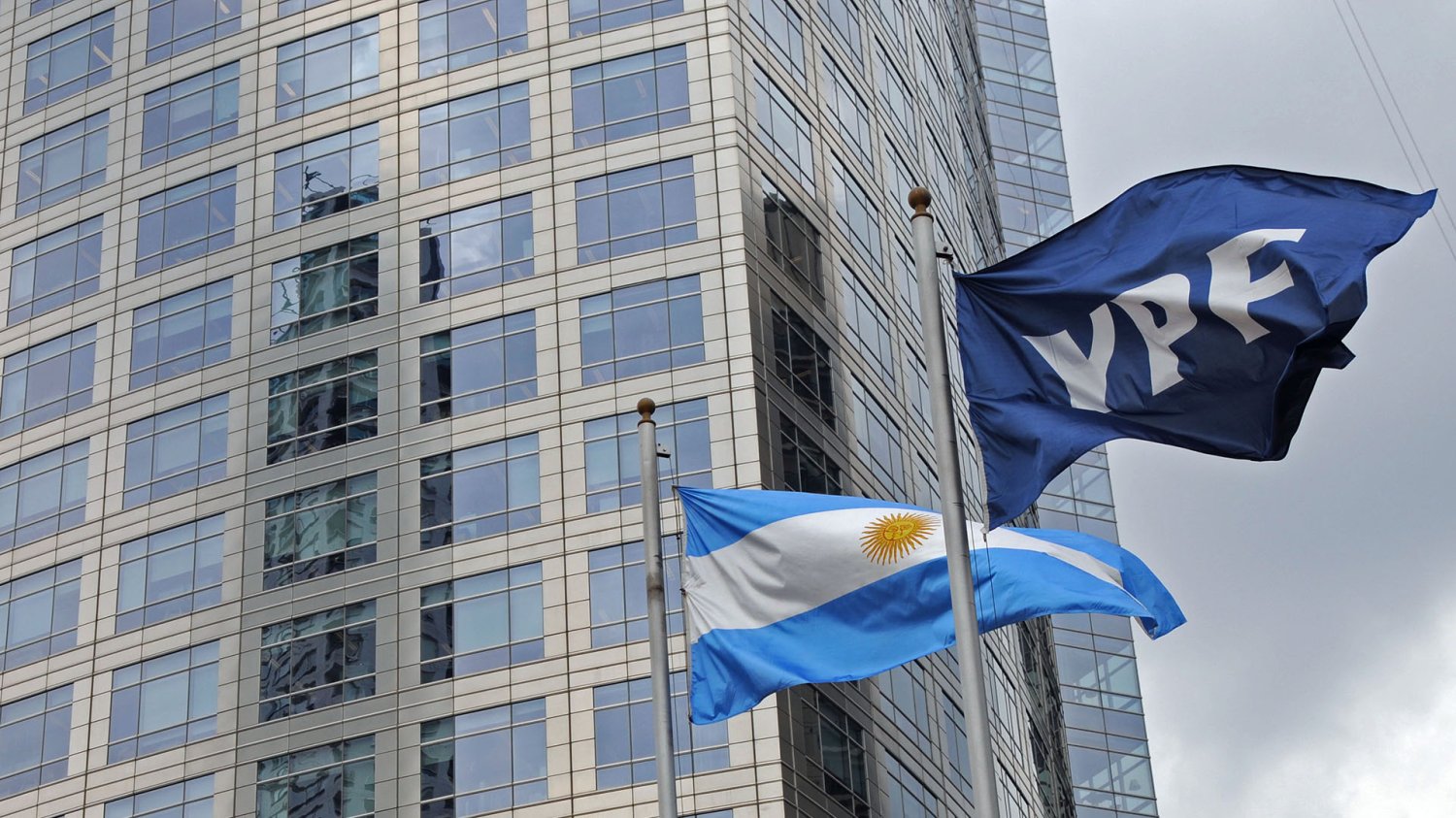
Judge Loretta Perish once again issued a judicial resolution against the interests of the country and favoring the claim of vulture funds. It is part of the litigation that originates from the partial nationalization of YPF in 2012. This Monday, the ruling was known in which Presska – the successor of Thomas Griesa – orders the Argentine State to deliver 51% of the company’s shareholding package to Burford Capital. This decision caused impact on the stock market, YPF shares ended the day with falls of up to 5 %.
In the ruling, it reads: “For the reasons stated above, the demanding motion is accepted. The Republic must (i) transfer their YPF class D actions to a global custody account in BNYM in New York within 14 days after the date of this order; and (ii) instruct Bnym to initiate the transfer of the interests of ownership of the Republic in their class D. designated within a business day from the date on which the shares are deposited in the account ”.
Hours later, the judge with extensive experience in corporate and financial causes, issued another ruling against the interests of the country and this time in favor of the fondo buitre Bainbridge. “In a second ruling issued on the same day, the Federal Judge of the District Loretta Perish ordered the Argentine Republic to transfer its YPF actions to the Bainbridge Fund as a partial payment of a separate sentence related to sovereign debt in Default. This marks the second adverse decision in a single day related to the participation of Argentina in the national oil company,” says an analyst at the newspaper Ambito.com.
In 2023, the judge himself failed in favor of the funds that litigate against Argentina. In a scandalous ruling, he ordered the Argentine State to pay 16,000 million dollars to Burford Capital. At that time, Milei supported that clearly colonial dye decision. Now, from the government they announce that they will appeal the new judicial ruling, but they are actions that do not resolve anything. While the American justice advances on the strategic resources of the country, this government has shown to be completely aligned with the interests of international financial capital and its companies.
The YPF case
In 2012, before a serious energy deficit, the Government of Cristina Fernández de Kirchner ordered the partial nationalization of YPF. What was celebrated from the ruling as an advance in “hydrocarbon sovereignty” at the time, it was actually a repurchase of actions (at very high prices) to the multinational Repsol, to associate with other imperialist oil companies and exploit unconventional oil and gas. Taking the first steps of the extractivist model that uses the fracking method, denounced globally for its highly polluting effects.
In spite of the speeches and positions in defense of the national “sovereignty”, in 2012 there was no integral expropriation of resources and infrastructure: in fact, more than 80% of the production of oil and gas continued in private hands -including the private part of YPF -, mostly imperialist companies.
The ruling of the Judge of New York, Loretta Presska, in the case of YPF is an unacceptable interference on national sovereignty. Repudiable
My position is that the scams are not paid, so everything they have already taken is “above” because the privatization of YPF was a …— Myriam Bregman (@myriambregman) July 1, 2025
He agreement with Chevronsigned in 2013, said the true background of the nationalization of YPF under the management of Axel Kicillof. Far from aiming a real energy sovereignty, Cristina Kirchner’s government sought to attract the great imperialist capital to boost hydrocarbon exploration and production. For this, exceptional conditions were established that facilitated the entry of foreign capital, sealed in a secret agreement. Thus, it was evident that the interests of large capital prevailed above any rhetoric over national sovereignty.
But what enabled this expropriation with payment was the possibility of judicial litigation. As? The YPF Statute established that the Executive Power was obliged to offer the same purchase option offered to Repsol, the other shareholders. Not doing so resulted in the judicial claim. Among those who litigated were the Eskenazi group, which then sold the rights to speculative funds such as Burford Capital. It is not the first time that the Burford group seeks to do business at the expense of benefiting from the country. It also intervened in the case of Marsans, the former Aerolineas Argentinas.
The strategy of Kicillof and Cristina, a partial repurchase of 51% of the YPF share package, which included compensation for Repsol for 15 years of emptying, also did not question the possibility of litigation in foreign courts. As the left poses, advancing in energy sovereignty implies an entire nationalization of the entire hydrocarbon system, from exploitation to refining, subjecting it to the control of its workers, to organize the use of these resources based on social needs and allow an full appropriation of income. In order for the organization of this strategic sector not to be subordinated to the close perspective of business profitability or enable unconventional exploitation without environmental. Faced with the advancement of imperialism about the strategic resources of the country, imposing colonialist failures, it is necessary to ignore those looting mechanisms. Breaking the subordination and adjustment ties that also implies being under the IMF regime.
Source: www.laizquierdadiario.com

